CONTACT US: 0919 058 5858 | 02 899 51920
CONTACT US:
0919 058 5858 | 02 899 51920

According to the Centers for Disease Control and Prevention (CDC), the Nipah Virus (NiV) is a zoonotic virus, meaning it can initially spread between animals and humans. It is a member of the family Paramyxoviridae, Henipavirus genus, which is genetically related to Hendra virus, also known to be carried by bats. The fruit bat, or what’s called the flying fox, is the animal host reservoir of the NiV. Infected flying foxes can spread the NiV to other animals like pigs. Humans, on the other hand, get infected in what’s called a spillover event, where a person comes in contact with an infected animal or its body fluid, gets infected, then causes the initial spread.
The first documented Nipah virus outbreak happened in Malaysia in 1999, also affecting Singapore. The initial outbreak, which was among pig farmers, was linked to human contact with infected pigs or their contaminated tissues. Nearly 300 human cases and more than 100 deaths were reported. In an effort to control the outbreak, more than 1 million pigs were culled, substantially impacting the Malaysian economy at the time. NiV has since been reported in Bangladesh, India, and Indonesia.
In September 2023, Indian authorities once again hastened to contain an outbreak of Nipah in Kerala, India. Reports claim that fruit bats have been identified as the carriers of the virus and the cause of subsequent outbreaks. Eating fruits and other fruit products contaminated with bat urine or saliva most likely facilitated the spread of the infection. According to a Reuters investigation, parts of Kerala are among those at high risk for outbreaks of bat viruses.
NiV can be fatal. Death may occur at 40% to 75% of all cases depending on epidemiology response, according to the CDC.
According to the Centers for Disease Control and Prevention (CDC), symptoms may start exhibiting within 4-14 days after exposure to the virus.
Initial symptoms may include one or a combination of the following:

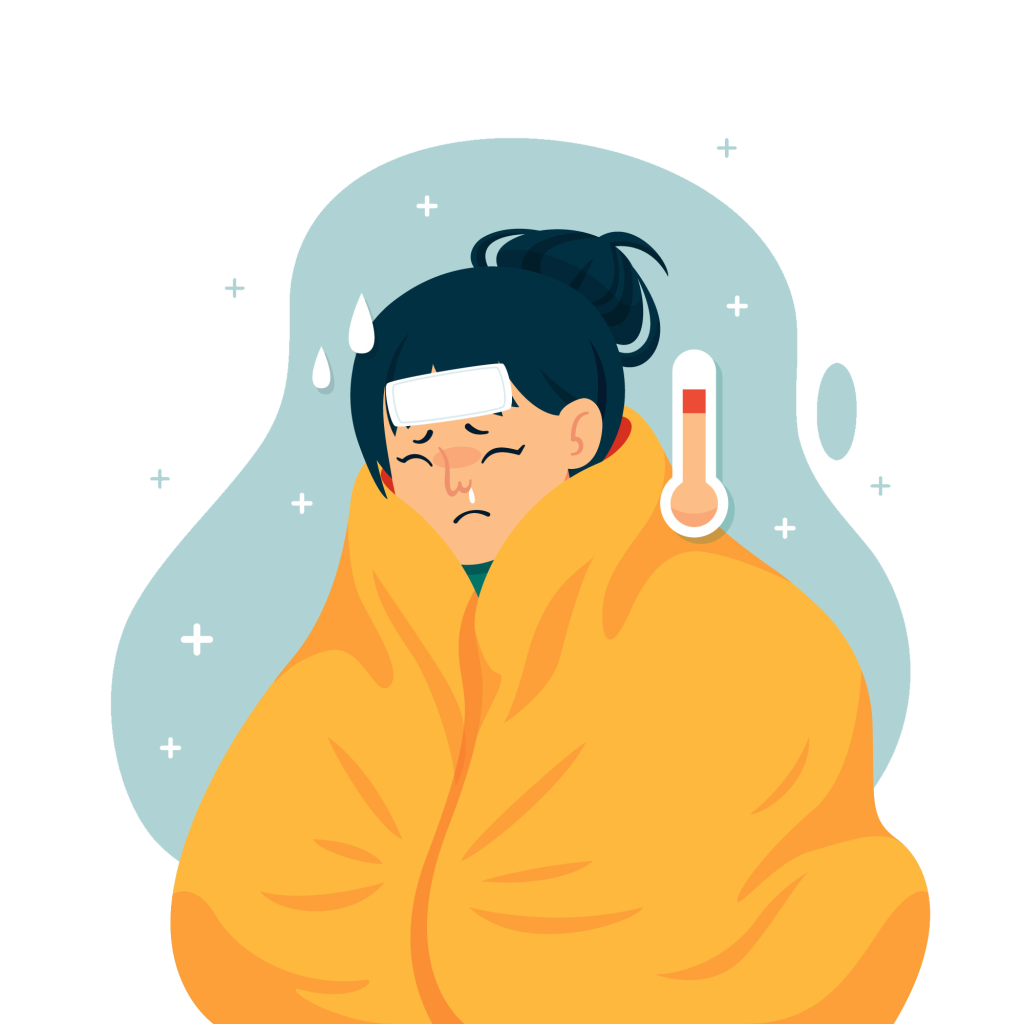
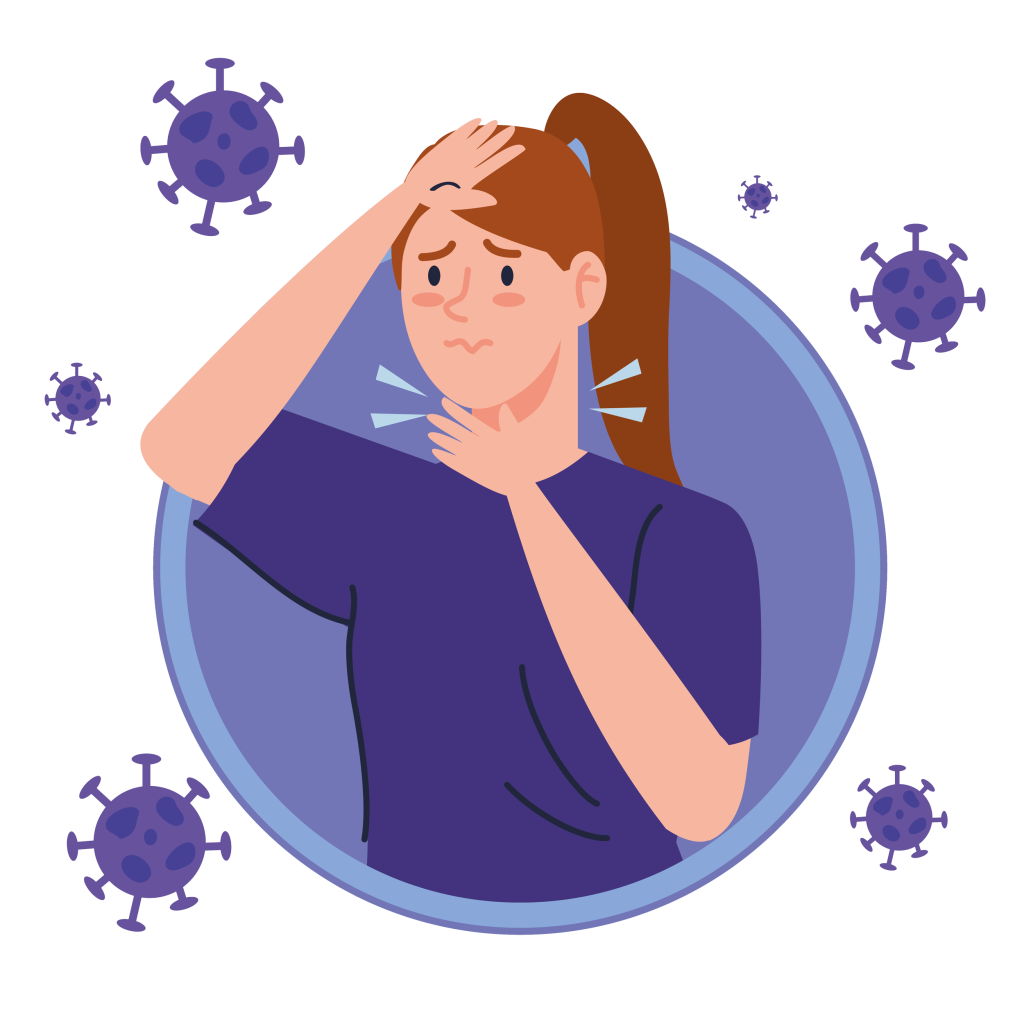
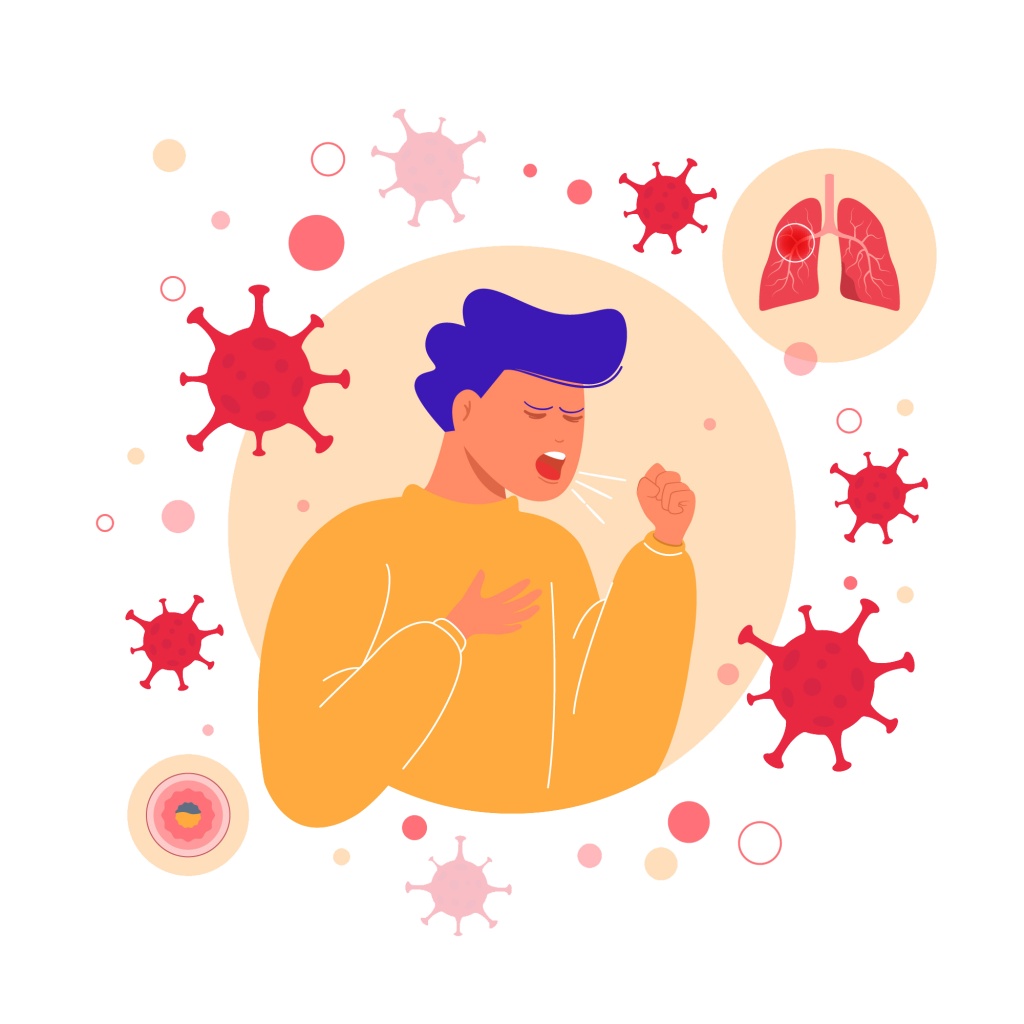
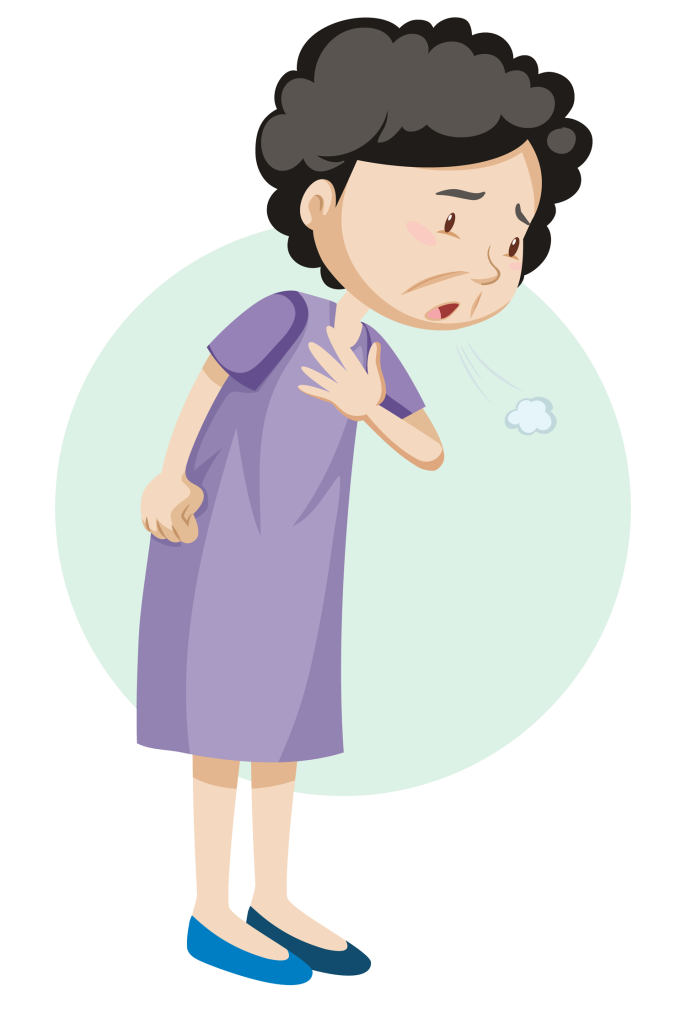

Severe symptoms may develop such as:
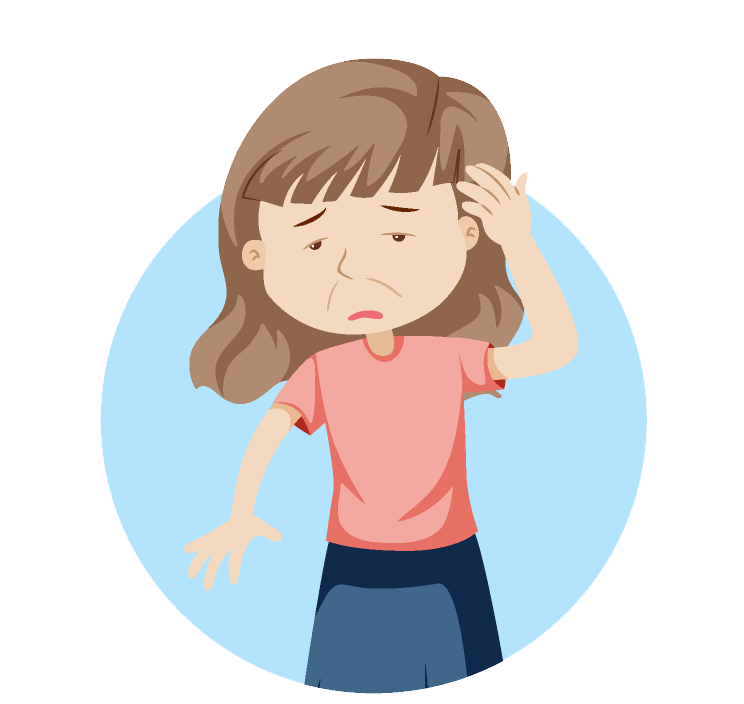

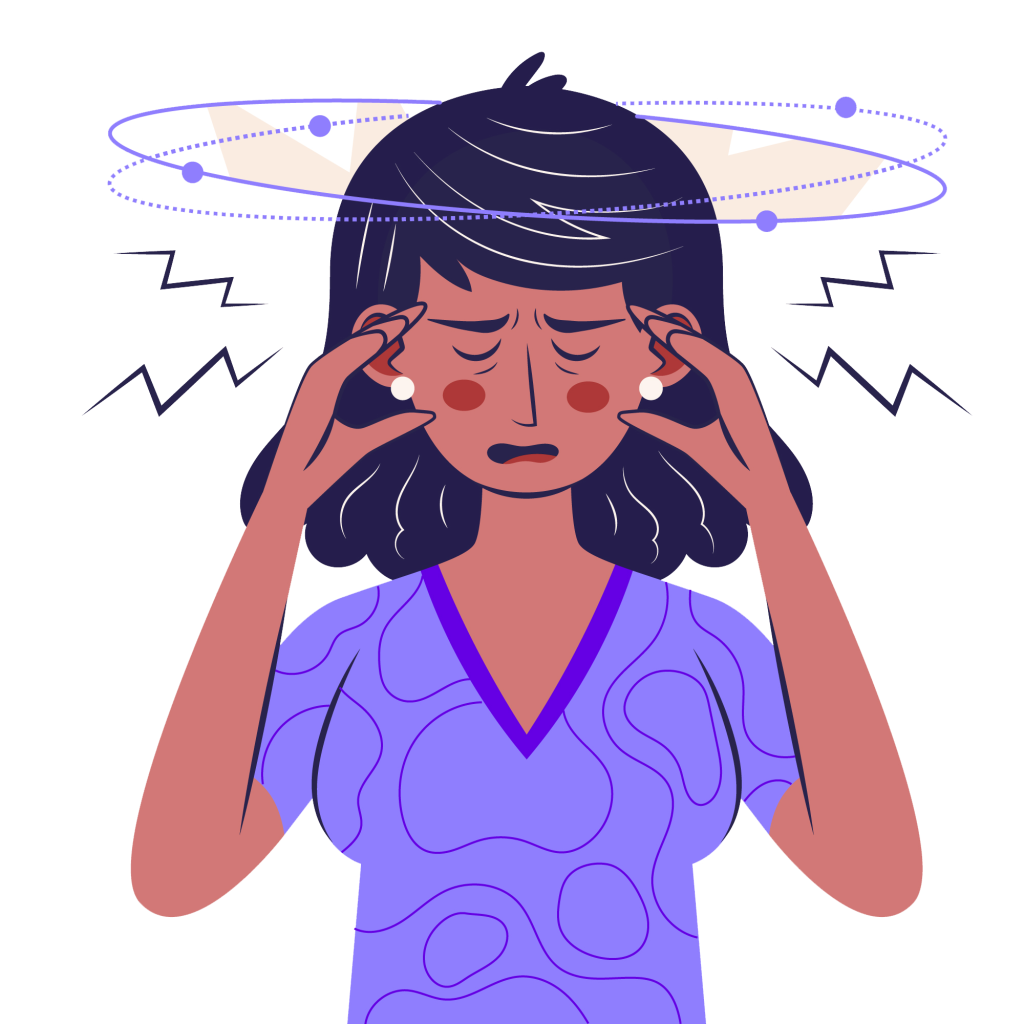

Infectious disease experts urge the public to consult a doctor if they experience severe headaches and fever.
Nipah can be diagnosed during its early stages through laboratory testing using RT-PCR. During the later course of the illness and recovery period, testing for antibodies may be conducted using an enzyme-linked immunosorbent assay (ELISA).
There is currently no vaccine or treatment available for humans and animals. People infected with the Nipah Virus are given supportive care.
CDC shares the following prevention tips to stay safe from the Nipah Virus.
Dr. Rontgene Solante, an infectious disease expert and president of the Philippine College of Physicians told Super Radyo dzBB that Nipah will most likely not have the same intensity or rapid spread as COVID-19. He explained that COVID-19 is a respiratory tract, whereas Nipah is transmitted through body fluids. Thus, the transmission of Nipah is not expected to be as high and rapid as the coronavirus.
ABC NEWS disclosed that experts are claiming that the Nipah outbreak serves as a reminder of the adverse effects of habitat destruction and climate change that may be causing more contact between infected animals and people.
While there is no available vaccine and treatment, it is important to be aware of the risks of NiV to take steps to prevent infection. If you develop symptoms of the Nipah Virus, it is highly recommended that you see a doctor immediately.
At Medicare Plus, we understand the importance of public health awareness on disease prevention. With the emergence of infectious diseases, being health-care prepared gives you protection and peace of mind.

Easy access health plan options for the Filipino community.
We know finding the right healthcare plan can be a complex and confusing task.
Our health plan specialists are always here to help 24/7.
Got more questions?